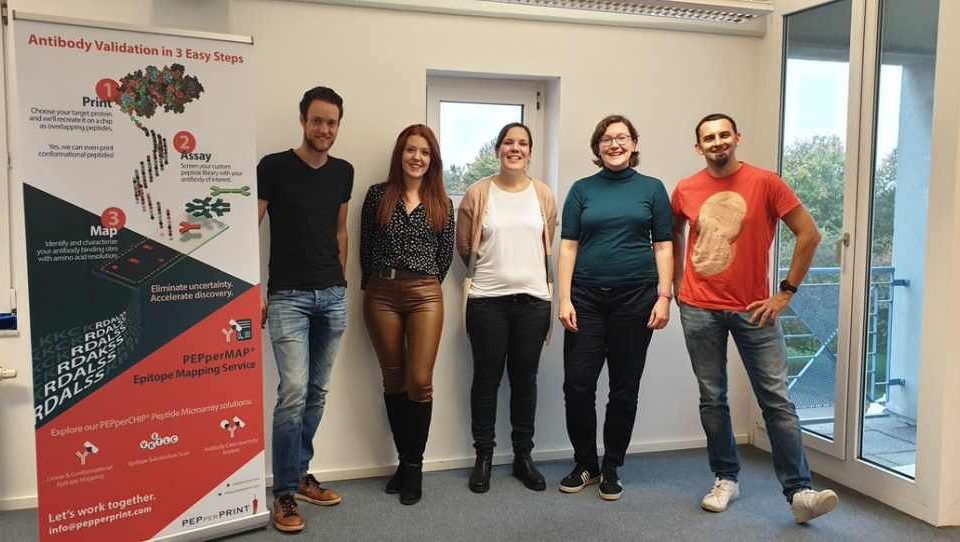Oxford-based BioTech startup Orbit Discovery raises $7.6 million to accelerate growth in peptide drugs for the treatment of a range of chronic diseases

These days, there’s been a lot of buzz about peptides and what they can do for your skin, muscles, and health. Peptides, also known as antimicrobial peptides, are strings of amino acids which are the “building blocks” of proteins. They can help your body fight bacteria and promote wound healing. Creatine and collagen peptides also help boost muscle growth or muscle repair.
One of the leading companies in the space is Orbit Discovery, an Oxford, England-based biotech startup focused on discovering candidate peptide therapeutics harnessing proprietary affinity and cell-based functional screening platforms. Orbit Discovery’s platform is uniquely able to screen GPCRs for functional agonists and T-cell receptors for antigen specificity, the company said on its website.
Today, Orbit Discovery announced it has raised $7.6 million in funding to accelerate its growth trajectory as a leading provider of peptide discovery services to the biotechnology and pharmaceutical industry. The round was led by Oxford Sciences Innovation, with participation from Borealis Ventures, Perivoli Innovations, and other institutional and individual investors, including Kapil Dev Joory.
Founded in 2015 by Graham Ogg and Terry Rabbitts, Orbit’s novel bead-based and microfluidic technology platform enables the screening of peptide libraries for target binding and subsequent activity in cell-based functional assays. This makes the platform ideal for identifying active peptides against both soluble proteins and membrane-bound targets such as GPCRs.
Peptides offer the potential to make drugs with the specificity and efficacy of large biologic molecules combined with the smaller dose size, simpler routes of delivery, and lower cost of manufacturing found with small molecules.
They are, therefore, uniquely suited to the treatment of chronic diseases which impact large patient populations. Orbit Discovery’s technology supports all of the improvements that can be made to peptides which make them better drugs whilst simplifying the discovery process and accelerating drug development.
Commenting on the funding, Nick Dixon-Clegg, Principal at Oxford Sciences Innovation said, “Orbit’s team has the right combination of scientific rigor and novel peptide technologies to lead a new generation of drug development, and we look forward to partnering with the team to advance their mission.”
Dixon-Clegg added, “Orbit is creating the next wave of innovative technologies that facilitate faster and more specific therapeutic molecule discovery. We believe the ability to assess specific binding and functional screening through a single platform is a key gap in the market and offers a strong future for the Company.”
Until now, researchers have struggled to unite high throughput affinity screens with functional screens utilizing peptide libraries of very high chemical diversity. The use of a bead-based peptide display engine along with microfluidic technologies allows Orbit to interrogate the activity of each library member against single cells. This capability opens the door to identifying functional molecules including those that may have agonistic or antagonist properties on disease-relevant targets. These functional leads provide the starting point for the development of peptides, small molecule, other therapeutics, or as bioconjugates, providing exquisite targeting and cargo delivery mechanisms.
“Our proprietary platform gives our clients a unique capability in high throughput affinity and cell-based functional screening, efficiently delivering therapeutic relevant peptides.” said Dr. Neil Butt, Chief Executive Officer of Orbit Discovery. “We intend to use this financing to position ourselves as a market leader in peptide discovery as we seek to develop therapies for the future.”




